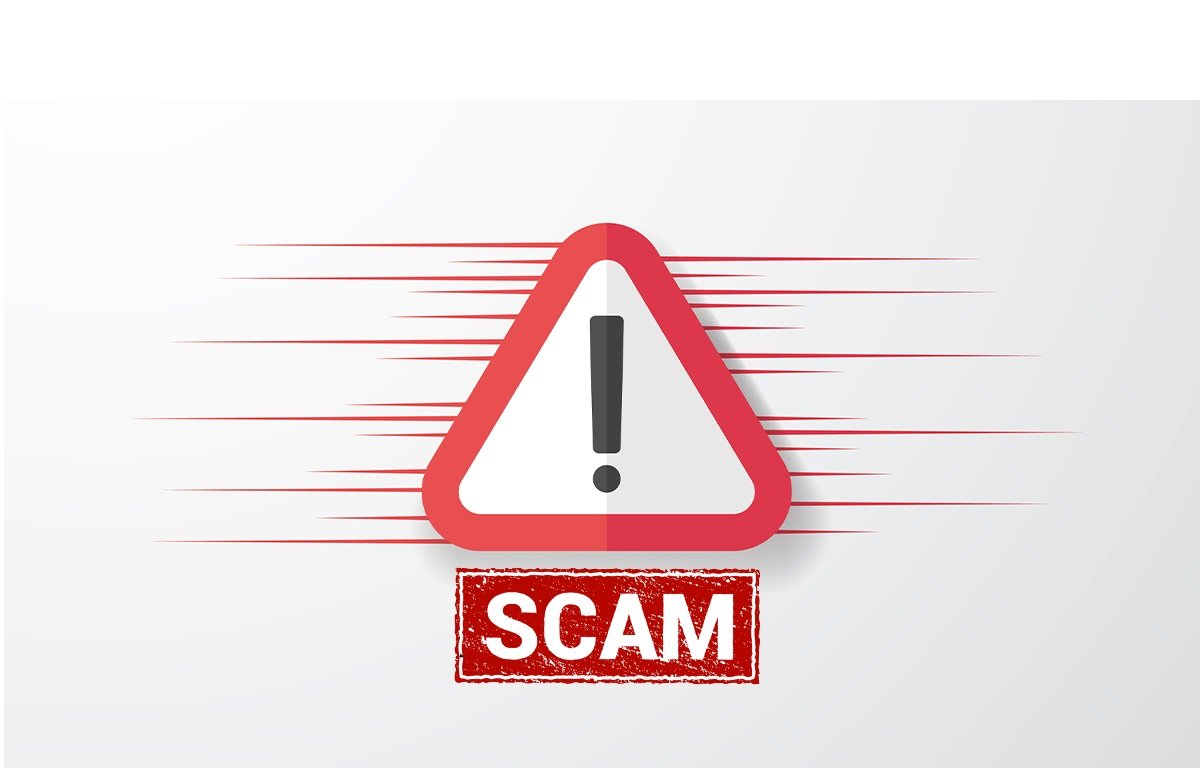Beware of Fake Government Scheme Scams in India
India, like many other countries, has various government schemes aimed at providing financial assistance and support to its citizens. These schemes cover a wide range of areas such as education, healthcare, agriculture, and social welfare. While these schemes are designed to benefit the people, unfortunately, there are individuals and groups who take advantage of them to scam innocent individuals.
Understanding the Nature of Fake Government Scheme Scams
Fake government scheme scams involve fraudsters posing as government officials or representatives and promising individuals benefits or financial assistance under various government schemes. These scams can take different forms, such as phone calls, text messages, emails, or even in-person visits.
The scammers typically ask for personal information, such as bank account details, Aadhaar card number, or other sensitive information, claiming that it is required to process the benefits or funds. They may also ask for an upfront payment or a fee to expedite the process. In reality, these scammers have no connection to the government and are only trying to deceive and defraud innocent individuals.
Identifying Fake Government Scheme Scams
It is essential to be aware of the signs that can help you identify and avoid falling victim to fake government scheme scams:
- Unsolicited Communication: Government officials do not randomly contact individuals to offer benefits or financial assistance. If you receive a call, message, or email out of the blue claiming to be from a government agency, be cautious.
- Demand for Personal Information: Legitimate government agencies do not ask for sensitive personal information, such as bank account details or Aadhaar card number, over the phone or through email. Be skeptical if someone asks for such information.
- Request for Payment: Genuine government schemes do not require individuals to make any upfront payment or fee to avail benefits. If someone asks for money to process your application or release funds, it is likely a scam.
- Pressure Tactics: Scammers often use high-pressure tactics to rush you into making a decision. They may create a sense of urgency or threaten dire consequences if you do not comply with their demands. Genuine government agencies do not employ such tactics.
- Verification of the Source: Before sharing any personal information or making any payment, verify the authenticity of the source. Look for official contact details of the government agency and contact them directly to confirm if the communication is legitimate.
Protecting Yourself from Fake Government Scheme Scams
While it is unfortunate that scams exist, there are steps you can take to protect yourself from falling victim to fake government scheme scams:
- Educate Yourself: Stay informed about the various government schemes and their eligibility criteria. Familiarize yourself with the official process and requirements, so you can easily identify any discrepancies.
- Be Skeptical: Maintain a healthy skepticism when you receive unsolicited communication regarding government schemes. Remember that if something sounds too good to be true, it probably is.
- Verify the Source: Always verify the authenticity of the source before sharing any personal information or making any payment. Contact the relevant government agency directly using official contact details to confirm the legitimacy of the communication.
- Protect Personal Information: Be cautious about sharing sensitive personal information, especially financial details, over the phone or through email. Legitimate government agencies do not ask for such information in this manner.
- Report Suspicious Activity: If you encounter a fake government scheme scam or suspect fraudulent activity, report it to the appropriate authorities. This will help prevent others from falling victim to the same scam.
Conclusion
It is unfortunate that there are individuals who exploit the trust people have in government schemes for their own personal gain. By being aware of the signs of fake government scheme scams and taking necessary precautions, you can protect yourself from falling victim to these scams. Remember, genuine government agencies do not ask for personal information or upfront payments, so always verify the source before taking any action. Stay informed, be skeptical, and report any suspicious activity to help create a safer environment for everyone.
